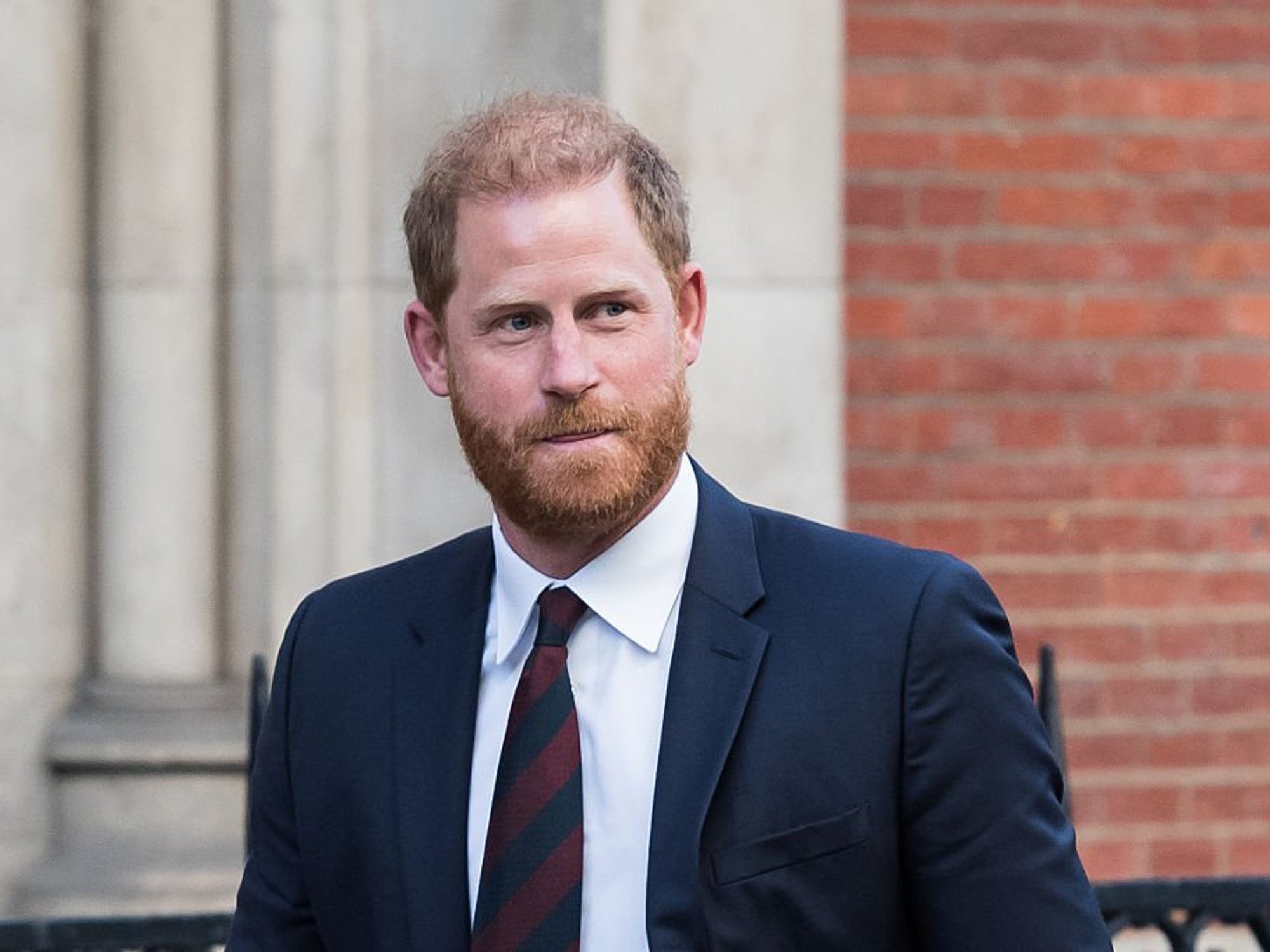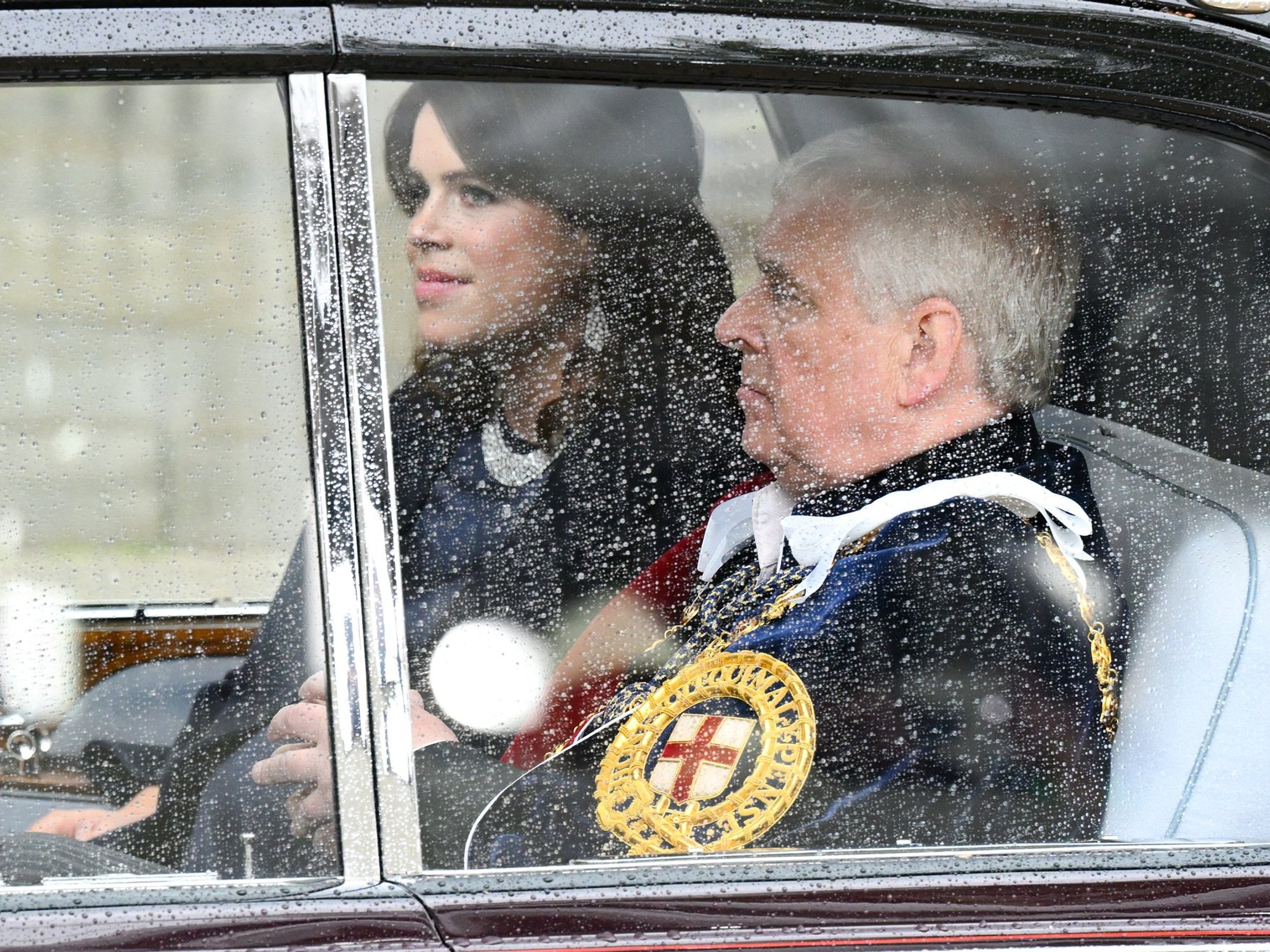Inheritance tax: Retirees using clever trick to pass down money without paying death levy

Junior Sipps are rising in popularity
|PA
There is a rise in adults resorting to junior Sipps as a means of circumventing divisive tax
Don't Miss
Most Read
Parents and grandparents are harnessing junior self-invested personal pensions (Sipps) as a tax-efficient way of passing on wealth.
The total value of Sipps contributions rose by 56 per cent between 2017 and 2021, from £43million to £67million, according to HM Revenue & Customs, which could only provide data on “relief at source” schemes, not “net pay” arrangements.
Meanwhile, the number of pension schemes curated for under-18s that received money rose by 52 per cent between 2019-19 and 2020-21 tax years, according to information obtained by a Freedom of Information request.
Junior Sipps are almost certain to grow quicker than junior Isas due to tax relief, where even non-earners, like children, get 20 per cent tax relief.
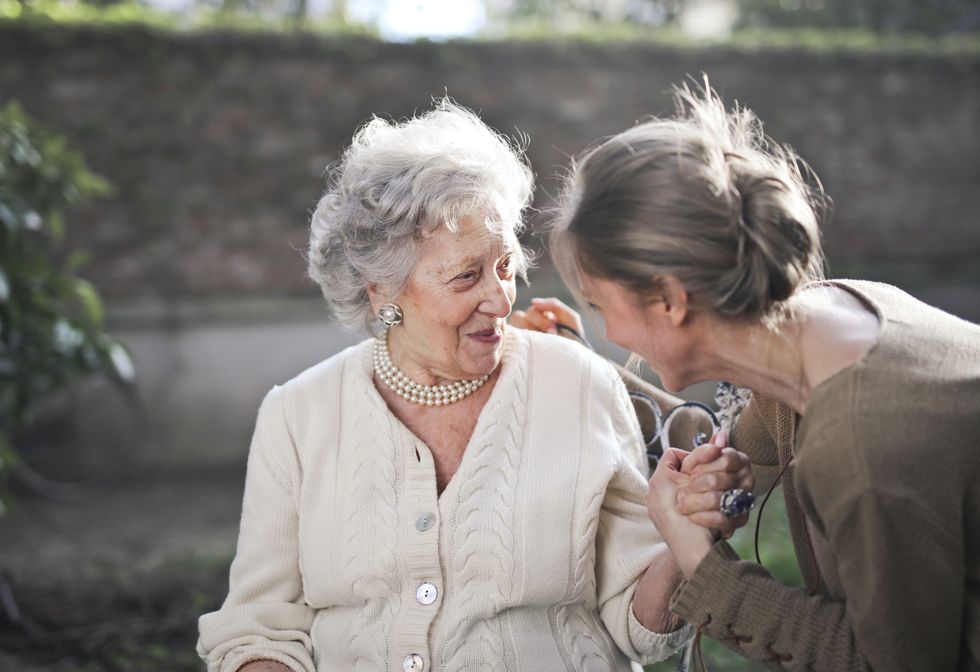
Though Junior Sipps must be set up by a child’s parent or legal guardian, it is typically grandparents who contribute to the pot afterwards.
| PexelsThis means that a £2,880 annual contribution gets topped up by an extra £720.
Unlike a junior Isa, which can be accessed from 18, a junior Sipp can only be withdrawn once the individual has turned 55.
A family contributing £240 a month into a pension from their child’s birth would accumulate over £100,000 by the time they turn 18, according to calculations by Lubbock Fine Wealth Management.
Assuming no more money was added, but that the pension pot grew by 5 per cent a year after fees, a further 40 years of compounding interest would result in a pot of £700,000 by the age of 58.
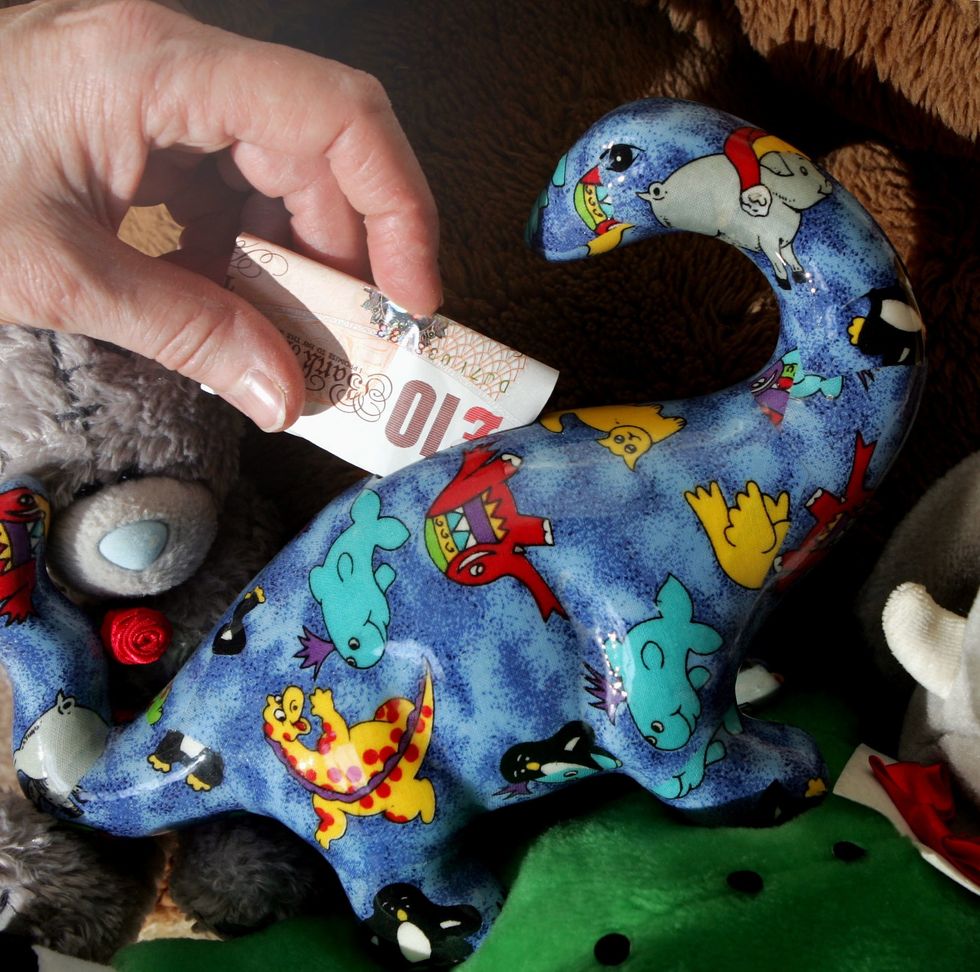
At present, if the pension holder passes away before the age of 75, no tax of any kind is due.
|PA
Görkem Gökyiğit, a financial planner at Lubbock Fine, said more parents and grandparents were turning to junior pensions to avoid “getting dragged into the inheritance tax net”.
He added: “There is an increased requirement for additional methods to pass on wealth in the most tax-efficient manner. Doing it through a pension is a very sensible way of achieving that goal.”
Junior pension contributions are capped at £3,600 a year (including tax relief) and remain little used, with HMRC data showing that just 38,000 people made individual contributions in 2020-21.
Though Junior Sipps must be set up by a child’s parent or legal guardian, it is typically grandparents who contribute to the pot afterwards, according to wealth management firm Quilter.
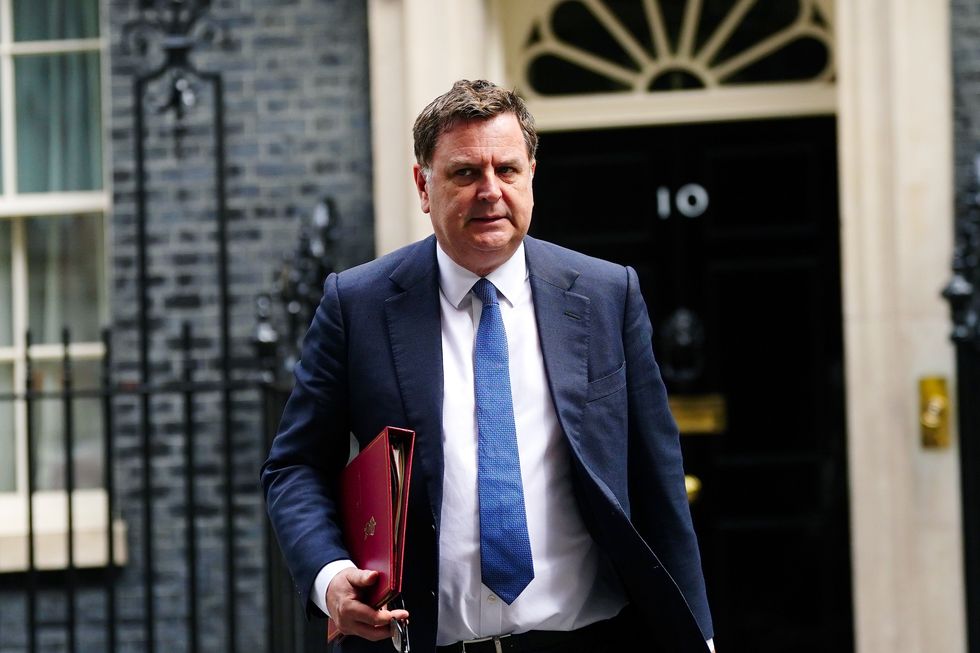 Secretary of State for Work and Pensions, Mel Stride | PA
Secretary of State for Work and Pensions, Mel Stride | PAJon Greer, of Quilter, said: “From a grandparent’s view, they want future generations to perhaps have an easier ride – and that they’re looked after.
“A lot of grandparents are worried about handing money to younger generations and what they’ll do with it – and whether they’ll blow it. Maybe their child will be grateful but maybe they will have more pressing needs in the immediate future.”
Untouched pensions can be passed down generations exempt from inheritance tax.
Instead, funds are taxed taxed at the marginal income tax rate of the recipients which could mean it is withdrawn entirely tax free.
At present, if the pension holder passes away before the age of 75, no tax of any kind is due.
However, the Government is consulting on potentially closing this loophole.
PENSION LATEST:
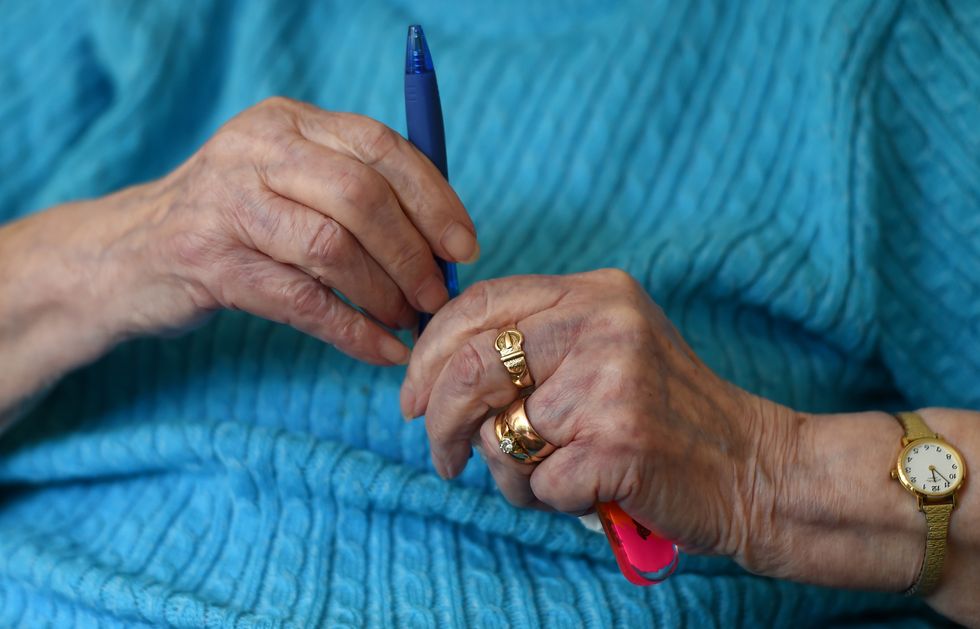
The latest statistics from Whitehall revealed four per cent of deaths in the UK resulted in the paying of inheritance tax.
| PAThe proposals emerged as part of a bumper pack of documents, published hurriedly as the Treasury looked to get its ducks in a line before recess.
Eagle-eyed experts spied the plan and raised the alarm over a “ticking time bomb” for families on modest incomes.
Untouched pensions can currently be passed on without triggering inheritance tax, with beneficiaries becoming subject to income tax if the pensioner dies after the age of 75.
However, new Treasury proposals eye up scrapping the tax break from April next year, meaning recipients would be required to withdraw the inheritance as a cash lump sum to keep it tax free.






